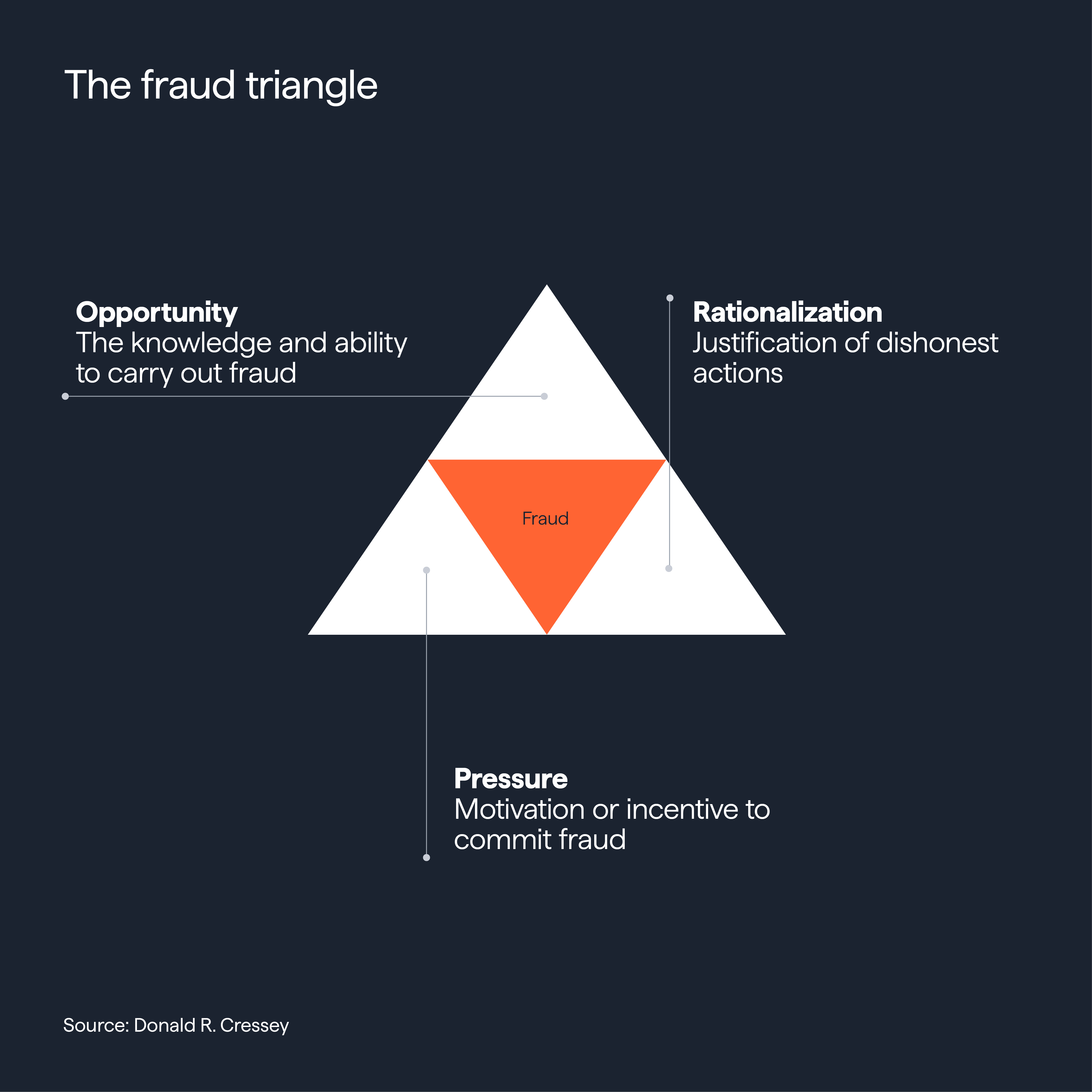Anti-Financial Crime (AFC)
Anti-Financial Crime (AFC) refers to the strategies, policies, and regulatory frameworks put in place to detect, prevent, and respond to a wide range of financial crimes. These include money laundering, terrorist financing, fraud, bribery, tax evasion, market abuse, and sanctions violations. AFC is an umbrella term that combines various compliance areas under one coordinated effort to safeguard the financial system.
Purpose
The goal of AFC is to protect financial institutions, their customers, and the broader economy from criminal misuse. By identifying and addressing financial crime risks early, AFC helps reduce legal exposure, reputational damage, and regulatory penalties.
It also ensures that companies act ethically, follow local and international rules, and support global efforts to fight crime and corruption.
You can think of AFC as a shield that keeps the financial system safe from those who want to exploit it for illegal gain.

Common AFC measures
An effective AFC framework often includes:
- Anti-Money Laundering (AML) controls: Monitoring and reporting suspicious financial activity
- Know Your Customer (KYC) procedures: Verifying and understanding customer identity and risk
- Sanctions screening: Checking individuals and entities against official sanctions lists
- Anti-bribery and corruption policies: Preventing illegal payments and unethical conduct
- Fraud detection systems: Identifying signs of internal or external fraud
- Whistleblower mechanisms: Allowing employees to report wrongdoing securely
If you open a new bank account, for example, you’ll go through KYC checks as part of these wider AFC measures.
AFC in practice
In a business environment, AFC is typically managed by a dedicated compliance or risk team. These professionals monitor transactions, review customer data, and ensure that internal systems and controls meet regulatory expectations. Automated tools are used to flag high-risk activity, while more complex cases are handled by analysts or investigators.
For example, if a payment is made to a sanctioned country, or if a customer's behavior raises fraud concerns, the system may block the transaction and escalate the case for manual review. Regular staff training, internal audits, and third-party risk assessments are also part of an active AFC program.
Who is affected?
AFC requirements apply to banks, insurers, fintech firms, investment platforms, crypto businesses, and large corporations. Increasingly, non-financial companies, such as law firms and real estate agencies, are also required to follow financial crime regulations.
You might not work in finance directly, but if your company handles money or clients, chances are you’ll still come across AFC requirements in some form.
Interesting facts
- In response, international bodies like the Financial Action Task Force (FATF) and the OECD pushed for stronger measures to fight tax evasion, fraud, and corruption. Today, the term AFC is commonly used in large financial institutions to describe their overall crime prevention programs.
- Many regulators now expect a combined approach to financial crime risk, where AML, anti-fraud, sanctions, and anti-corruption measures are managed together rather than separately.
The AFC landscape is constantly evolving, with new technologies, regulations, and criminal methods emerging every year. Staying ahead requires ongoing risk assessments, updated training, and the ability to adapt quickly.
Further reading
For a deeper understanding of AFC frameworks and practices, consider exploring the following resources: